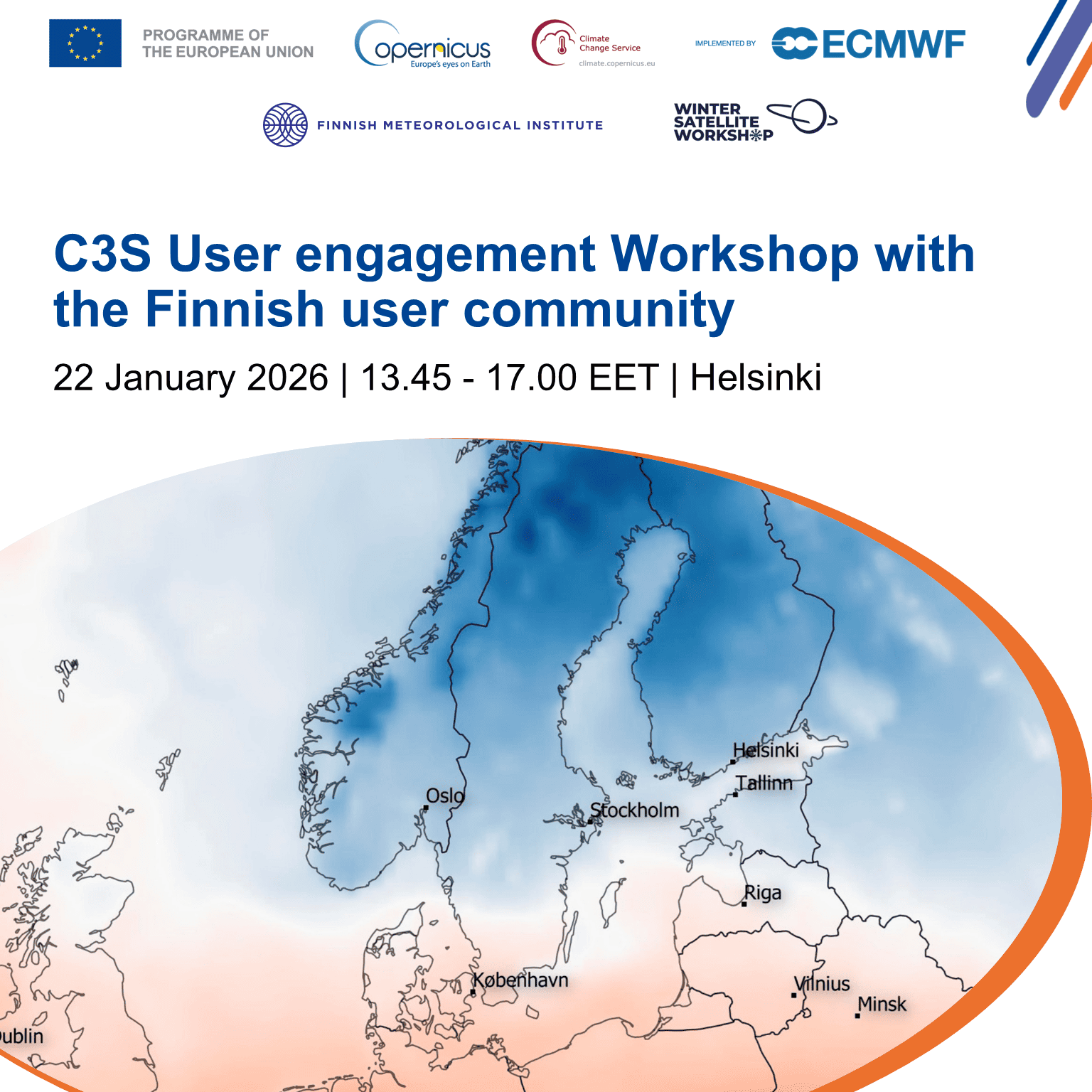Ecosystem-based Adaptation for Coastal Resilience (II)
In-depth Workshop on Community Engagement and Strengthening Partnerships for Coastal EbA
-
online
Storage and Pre-processing: Infrastructure for Regional Products
Market Information Talk 2026
Beelitz (Zauchwitz) – Syringhof,
Germany
Designing Climate Resilient Landscapes in Europe
Regional Expert Workshop
-
Bucharest,
Romania
Designing Climate Resilient Landscapes in Europe
Regional Expert Workshop
-
Helsinki,
Finland
EU Climate and Energy Policy in a Polarising World
Discussing insights from the Ariadne Project
-
Brussels,
Belgium
Learning from Buyers – Unlocking Private Purchases of EU CDR
Closed door workshop
Brussels,
Belgium
ZirTeNet at the ADD-ITC Textile Conference in Aachen
Information Booth on 27–28 November 2025
-
Aachen,
Germany
5th EU Blue Parks Community Workshop
Achieving Mission Ocean and Waters protection targets
online
Bridging Science and Policy – Exploring the Marine Protection and Climate Adaptation Nexus
MEER:STARK Final Event
-
hybrid | Berlin,
Germany
Navigating Arctic Futures: Adaptive Governance for Resilient Ecosystems and Communities
An expert workshop under the YESSS project
online
